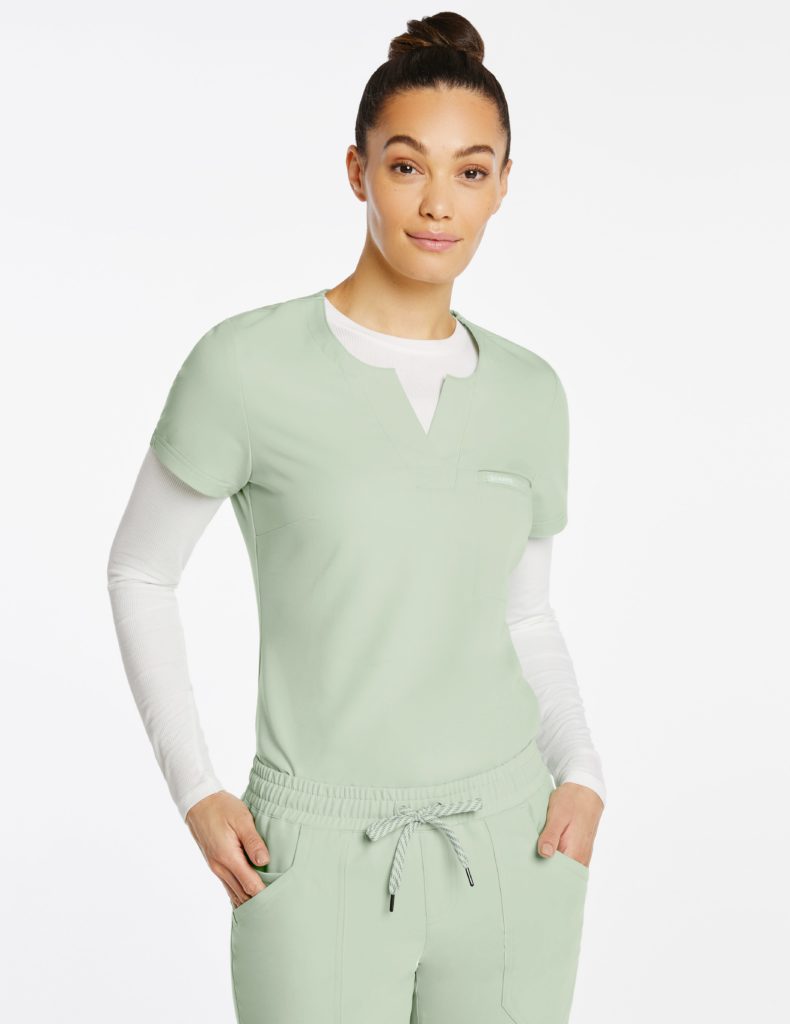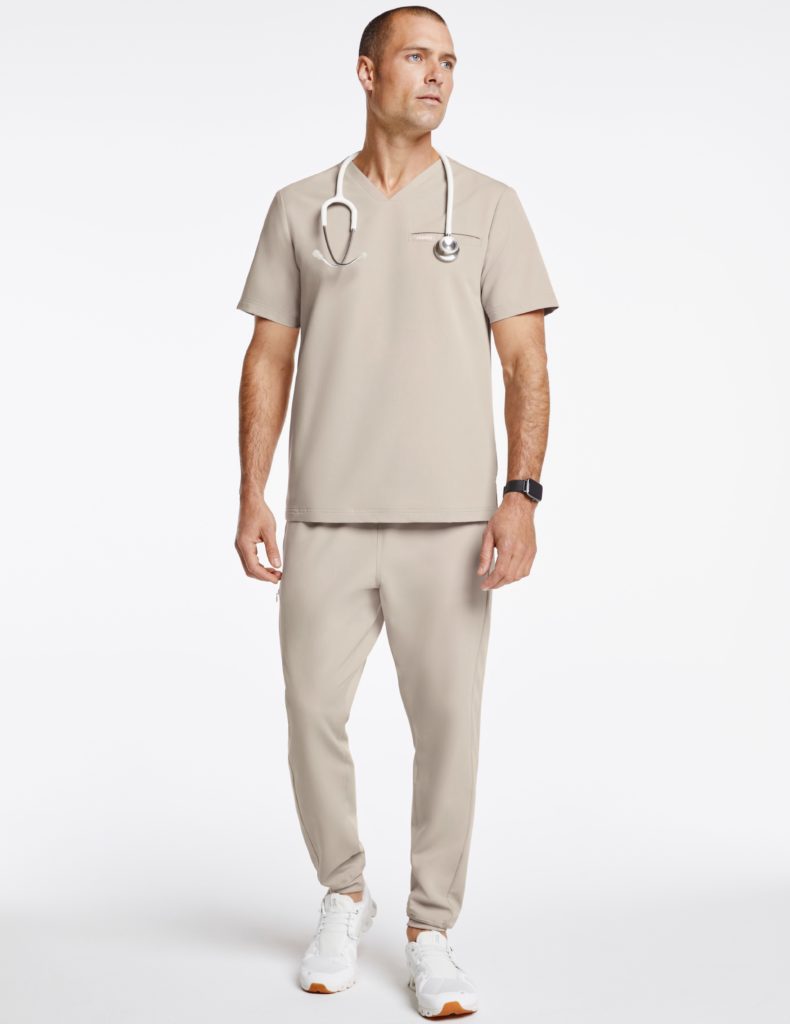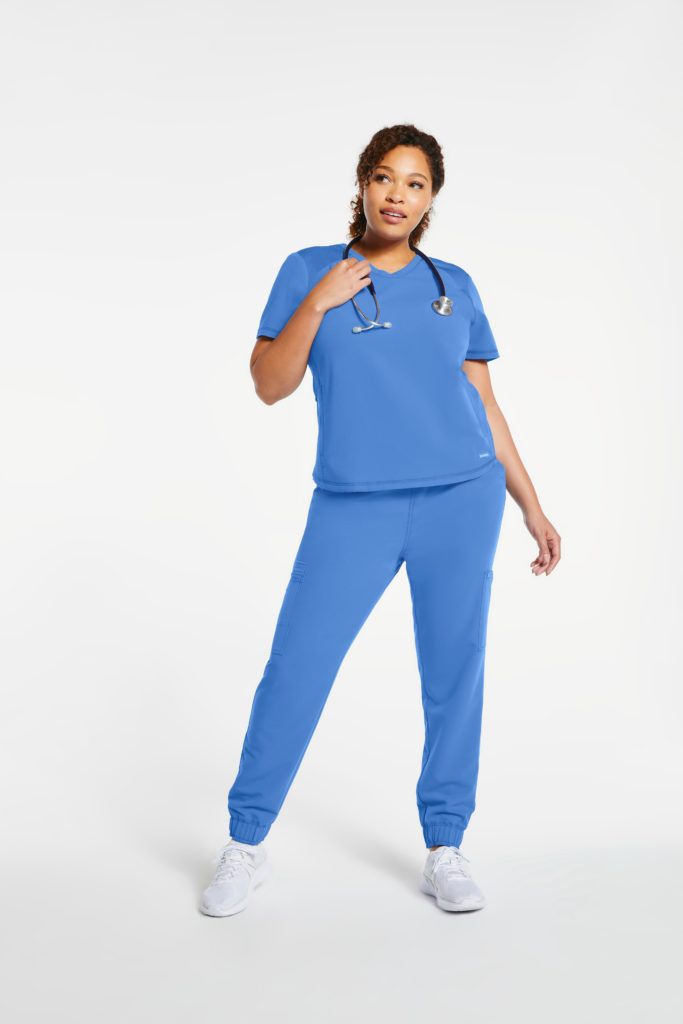A positive work environment is priceless. It’s where you’ll likely spend most of your waking hours, especially if you work long shifts as a nurse. That’s why it’s important to find a healthy working environment—your mental health, job satisfaction, and general well-being depend on it. After all, the last thing any nurse wants to deal with is burnout.
Different nursing environments operate at different speeds and with different working conditions. For example, an emergency room (ER) moves faster than a private practice. So, before deciding where you want to work or what kind of nurse you want to be, you should consider the pace, hours, and, ultimately, the environment.
Or, if you already have your heart set on a particular specialty within the nursing practice, check out the range of environments where you could work. For example, if you’re sure you want to work with children, try looking up the various work environments of a pediatric nurse.
However, you need to know which are available to you in a nursing career in the first place. Read on to learn more about the work environments of a registered nurse and find a job that meets your rhythm.
What’s it like to be a nurse?
We hinted at this above, but nursing can be pretty strenuous. Nurses have a high-responsibility role in which they must tend to patients both physically and emotionally. Their working hours are long and irregular, which is why nurses must be careful to practice self-care, take breaks and plan sleep and meals ahead of time to optimize their energy. This allows them to provide the highest quality of care possible and avoid errors that could negatively impact patient outcomes.
On the flip side, nursing is rewarding, fulfilling work. These healthcare professionals help patients in their time of need and even save lives. In certain long-term care environments, they even have the opportunity to bond with their patients.

How to become a nurse?
It may go without saying, but before you can enter the field of nursing, you need a proper nursing education. Below are the steps to becoming a nurse:
1. Get your degree
All aspiring nurses must earn a college degree. There are two main nursing programs that provide the base education for practicing: the Associate Degree in Nursing (ADN) and the Bachelor of Science in Nursing (BSN). If you have an inkling of the type of nursing you’d like to pursue, we recommend you check out the education requirements.
2. Get Licensed
To become a registered nurse (RN), you must clear the National Council Licensure Examination–Registered Nurses (NCLEX-RN), which will test you on a range of competencies. Then you can apply for licensure from your state and commence practicing.
3. Specialize
Not all nurses have to specialize, but if you are drawn to a particular type of medicine, you can apply for certification, continuing education courses or an advanced degree like a Master of Science in Nursing (MSN) or a doctorate. You can also become a nurse practitioner (NP) and take on more responsibility than an RN. Before pursuing any of these options, we recommend working as an RN for a few years in the field you’re interested in.

What are the most common nursing environments?
Once you’re licensed and ready to practice, it’s time to find a workplace that suits you. Here are some places where you can commonly find RNs and NPs.
What is the work environment of a registered nurse?
- Hospitals: Hospital nursing entails traditional patient care in a high-rotation, fast-paced environment.
- Camps and retreats: Camp nurses care for vacationers who might otherwise be far from medical services.
- Schools: School nurses provide comprehensive care focused on all different levels of student populations––from kindergarten to college.
- Patients’ homes: In-home nurses provide care to the elderly or gravely ill patients who may need help with everyday tasks or require palliative care.
- Nursing homes and other long-term care facilities: At nursing homes, RNs look after elderly patients who may need help with hygiene and eating and/or are suffering from chronic conditions.
- Private practices: In doctor’s offices, nurses perform outpatient work (usually) on a 9-5 schedule.
- Remote: Nurses can provide telehealth services, referring individuals to specialists when needed, from the comfort of their home offices.
- Correctional facilities: In prisons, nurses assist patients with routine check-ups, managing chronic conditions, and treating acute illnesses and injuries.
- Birthing centers: Here, nurses help expecting parents through all stages of pregnancy.
- Law firms: Nurses can consult on healthcare or malpractice cases by working in a legal setting.

What is the work environment of a nurse practitioner?
- Hospitals: NPs who work in hospitals assist physicians and take over some of the tasks doctors usually do in this environment, including diagnosing and prescribing meds.
- Emergency rooms: ER nurse practitioners provide fast-paced care dependent on quick critical thinking and effective decision-making.
- Private practices: NPs who work in private practices often specialize in pediatrics, family medicine, oncology, obstetrics, internal medicine, and cardiology.
- Nursing homes: NPs work independently (without the supervision of a physician) to provide nursing care to elderly patients with a focus on patient safety.
- Universities: NPs train BSN students.
- Correctional facilities: NPs provide care, prescribe medication, and help inmates dealing with substance abuse and addictions.
- Remote clinics: NPs help fill the gaps in underserved areas without appropriate staffing. Because there are fewer physicians, NPs can take over some of the work that doctors would have done.
Whether you choose to work in the ER or a school, we’ve got the most comfortable, high-performance scrubs to get you through your day. Not only that, but our in-house rockstars can also help you make the right career choices for you as a healthcare worker.

